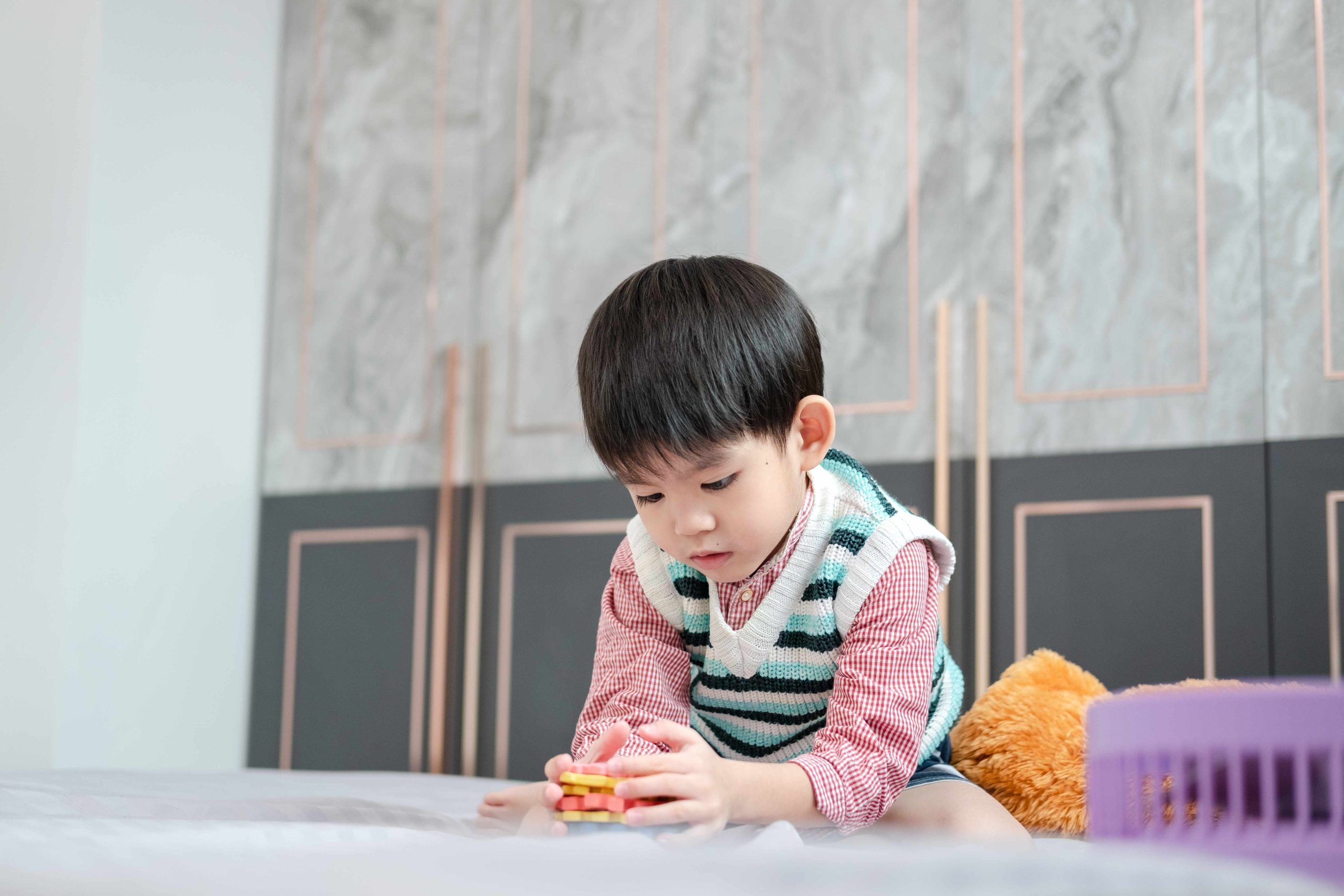Exploring the Importance of Tactile Experience in Preschoolers
Preschoolers experience the world through their senses, with tactile experience being crucial. This article delves into its significance, how it influences development, and ways to promote it.
The Significance of Tactile Experience
Tactile experience, or touch, is vital for preschoolers’ physical, cognitive, and emotional development. It helps them understand textures, temperatures, spatial awareness, and fosters communication and emotional intelligence.
Active Tactile Experience and Its Benefits
Active tactile experience, like touching objects, enhances cognitive abilities, motor skills, and social-emotional development. It fosters autonomy, confidence, and positive social interactions.
Passive Tactile Experience and Its Benefits
Passive tactile experience, such as cuddling or hugs, nurtures emotional wellbeing, self-esteem, and social relationships.
How to Promote Tactile Experience
Parents and caregivers can promote tactile experience by creating sensory-rich environments, encouraging active play, incorporating touch into routines, providing messy play opportunities, introducing sensory activities, encouraging outdoor play, and using language to describe textures and shapes.
Incorporating Tactile Experience into Early Childhood Education
Early childhood education can integrate tactile experience through tactile materials, active play, exploration, sensory bins, and language development, making learning engaging and holistic.
Challenges in Promoting Tactile Experience
Common challenges include safety concerns, clean-up, allergies, sensitivities, and lack of resources. Strategies to overcome these challenges include ensuring a safe environment, easy-to-clean surfaces, awareness of allergies, creativity in resource utilization, and supervision.
Conclusion
Tactile experience is pivotal in preschoolers’ development, impacting their cognitive, physical, and emotional growth. By fostering tactile experiences, parents, caregivers, and educators can support preschoolers in reaching their full potential and preparing them for future success.
